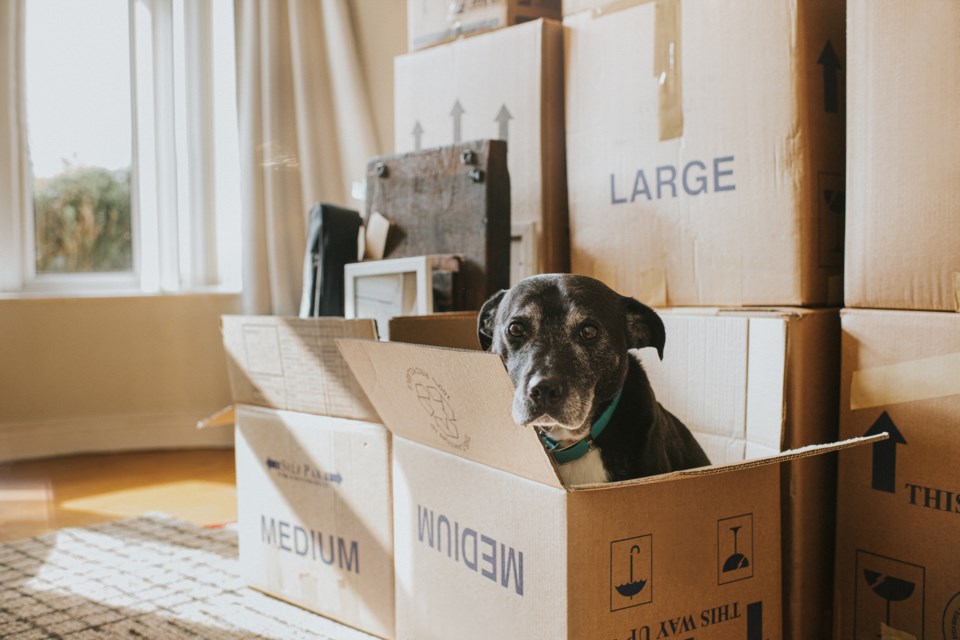Nearly 100 animals were surrendered in Whistler in 2023, according to Whistler Animals Galore (WAG).
Whistler’s animal rescue community group reported 99 animals were surrendered into its care last year, in what executive director Peta Woolnough noted appeared to be an uptick in numbers due to economic conditions.
“I think we’re seeing an uptick right now, but due to financial reasons and people really struggling with housing,” she said at the May 28 committee of the whole meeting in Whistler.
She was responding to a query from Coun. Cathy Jewett, who cited the numbers of animals adopted and surrendered during and after the COVID-19 pandemic as inspiration for her question.
“The top three reasons for surrendering an animal into our care in 2023 were high veterinary costs including critical surgeries and ongoing care, behavioural issues … housing and lack of pet-friendly housing in Whistler, which also prevents people from adopting or fostering due to landlord restrictions,” said Woolnough.
“The housing crisis combined with increased costs has led to low adoption rates and a high rate of surrenders across Canada. Shelters are at capacity, with large waiting lists.”
Woolnough reported that for WAG, there were more animals out than in, however, with 112 animals adopted out to forever homes in 2023 with their health taken care of together with their first vaccinations and spay and neutering.
WAG also works with RMOW bylaw and lost dogs: 36 lost animals were brought to WAG in 2023, of which 23 were eventually reunited with their families and 12 were never reclaimed. Those that were not reclaimed had their care taken on by WAG, and were eventually offered for adoption.
Speaking of bylaw, WAG sells dog licenses, with 126 sold in 2023.
Coun. Jessie Morden pulled up that number.
“Everybody and their mother has a dog, what do you think is the reason for having that small amount of licenses in Whistler?”
Woolnough said that more education is needed on that issue (dog licenses are mandatory under RMOW bylaws), and in response to another question on the number of dogs in the valley, the RMOW's general manager of corporate services and public safety Ted Battiston said the number of dogs is “far in excess of the number of licenses,” and the number of licenses tracked through bylaw is about 700.
“It is still far less, clearly, than the number of dogs, and I believe the total revenue for dog licenses … is around $13,000 or $14,000 a year,” he said.
WAG is looking to integrate its own dog-licensing system with the RMOW system to create a single database for the community.
WAG was supported in 2023 by the RMOW with a $115,000 allocation through its fee for service program, with every cent spent last year.
Woolnough said the funds were allocated to rescuing and rehoming animals, bylaw impoundment and lost-and-found costs, community engagement, and outreach and support.
The funds covered a little over half of the total cost of those programs, which collectively added up to $206,500.
“Additional funds needed were raised through donations, grants, and fundraising efforts,” she said. “Despite these efforts, WAG experienced a deficit of $83,000 [in 2023].”
WAG, together with four other organizations, re-qualified for RMOW funding for 2024, and each received a slight bump in funding of $61,000 across all five. The spending of that money will be reported on in May 2025. Funds for fee for service come from the RMOW’s MRDT allocation (taxes from overnight stays at hotels in the community) and the general operations fund (property taxes).




